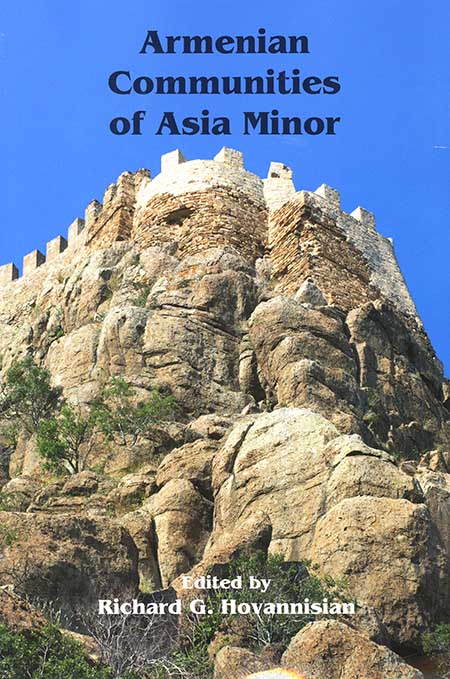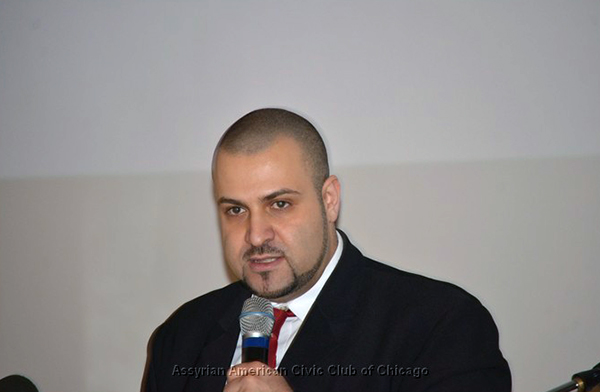Today, the Auschwitz Institute for the Prevention of Genocide and Mass Atrocities (AIPG) marks the 109th anniversary of the Armenian Genocide. This memorial observance, Armenian Genocide Remembrance Day, commemorates the date on which the implementation of a large-scale program of imprisonment marked a major escalation in the Ottoman Empire’s violent persecution of its Armenian population, which would later be recognized as the Armenian Genocide. Due to the scale, duration, and character of the atrocities committed, the Armenian Genocide is widely regarded as one of the first “modern genocides.”
On April 24, 1915, leaders and intellectuals from the Armenian community in Constantinople were arrested and detained, which initiated a series of widespread arrests. This led to the imprisonment, relocation, and murder of countless Armenians across the Ottoman Empire in the months that followed. Ottoman authorities then implemented internment, displacement, and deportation measures targeting the general Armenian population. Armenian men were often forced into labor camps before facing arbitrary executions, while women, children, and elderly Armenians endured “death marches” through the Syrian desert, resulting in torture, rape, and eventual death due to exhaustion and starvation.
According to various historians, the estimated number of Armenians who lost their lives as a result of the genocide ranged from 1,000,000 to 1,800,000, which represented around 70% of the Armenian community in the region. The magnitude and brutality of these killings were the primary catalyst behind the creation of the term “genocide” by Polish-Jewish lawyer Raphael Lemkin. Motivated by these events, Lemkin coined the term to describe the deliberate destruction of entire ethnic or national groups, which led to the eventual adoption of the 1948 Convention on the Prevention and Punishment of the Crime of Genocide, a pivotal achievement in the fight against impunity for mass atrocities.
Despite the passage of time, the Armenian Genocide continues to demand recognition and remembrance. In April 2021, US President Biden’s historic acknowledgment of the Armenian Genocide marked a significant step towards justice and reconciliation, honoring the memory of the victims, and reaffirming the commitment to human rights and truth.
The Auschwitz Institute stands in solidarity with the Armenian community and people worldwide as we remember the atrocities of the past. Universal recognition of these events serves as a barrier against dangerous revisionist and denialist narratives, strengthening crucial processes of truth, justice, and remembrance that foster resilient societies. AIPG stands alongside those advocating for the full and universal acknowledgment of the Armenian Genocide as an integral part of our collective history. This recognition is essential not only for historical accuracy but also for preventing future atrocities in the aftermath of conflict.










